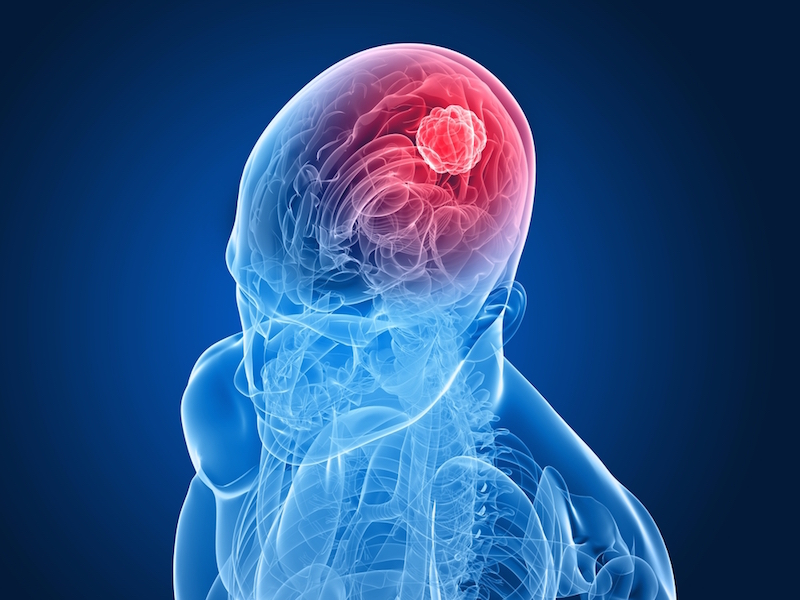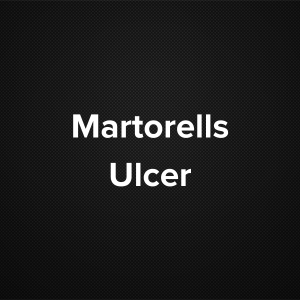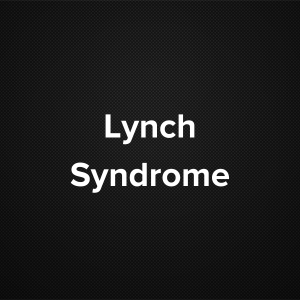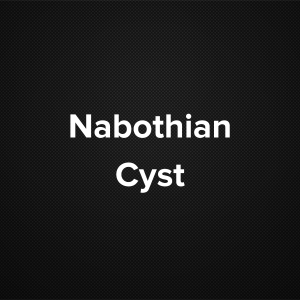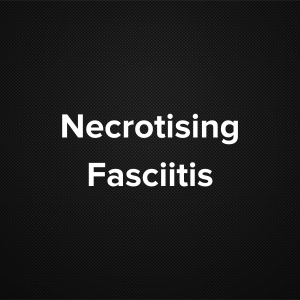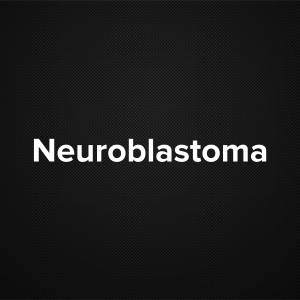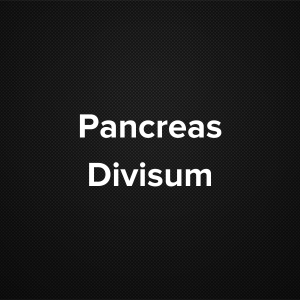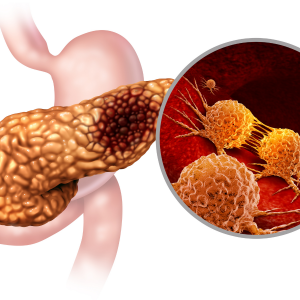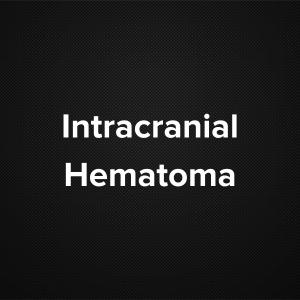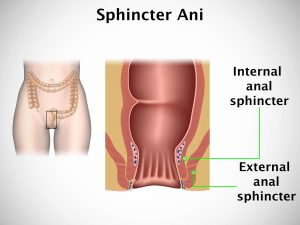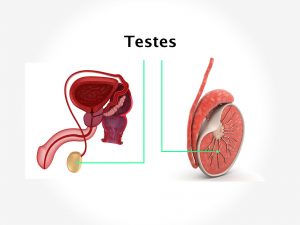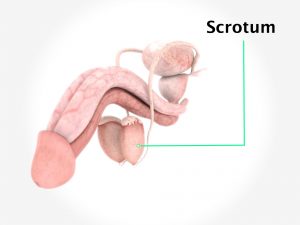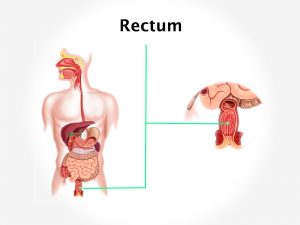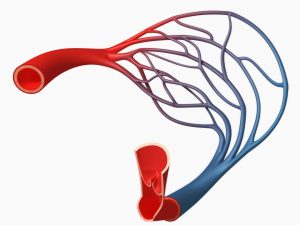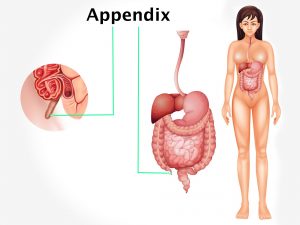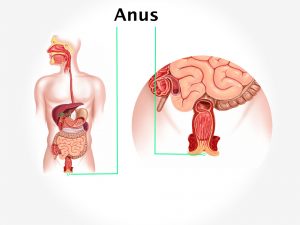Causes and risk factors
The exact cause of cancer is unknown however it has been seen that the DNA in the cells undergoes mutation which causes abnormal growth of the cell resulting in formation of a tumor. Genetic predisposition is the major contributing factor. Brain tumors are of two types primary (Abnormal tissue growth within the brain. E.g. pituitary, pineal gland tumors) or secondary in nature (metastasis).In most of the cases it has been noted that the Brain tumors are secondary to the cancerous growth somewhere else in the body.
Metastasis in spinal region is seen in breasts, lung, and kidney and colon cancer.
Clinical presentation:
In the initial stage when the size of the tumor is small the patient can be asymptomatic however as the size of the tumor increases symptoms occur. Headache is the most common symptom of which the patient complaints of. Unexplained Nausea, vomiting is a marked symptom.Difficulty in walking, speaking, disturbed vision is the other associated symptoms. Gradually the patient complaint of hearing difficulty, loss of sensation in extremities, behavioral and intellectual changes. Seizures may occur.
Investigations:
Diagnosis is done of the basis of the symptoms narrated by the patient and the physical examination carried out by the oncologist. MRI or CT scan can be advised which will give information about the involvement of the surrounding structures, the size and location of the tumor. A Biopsy is suggested in which a part of the tissue is extracted and is send for cellular analysis, it will help to differentiate between the benign and malignant one. Apart from this routine Blood test, Blood sugar levels, Renal and liver function test and Ultrasonography can be done.
Treatment:
The treatment plan depends upon the size, and location of the tumor. Radiation therapy which consist of use of beta, x rays or gamma rays for irradiation. Chemotherapy although used, the brain barrier prevent the medications to reach the tumor cells. Surgical intervention comprising of complete or partial resection of the tumor is done.
Other Modes of treatment:
Certain other modes of treatment can also be helpful in coping up the symptom. Taking into consideration the symptoms in holistic way, homoeopathy can offer a good aid for the relief of the symptoms.
Recent update:
Researchers at Johns Hopkins Kimmel Cancer Center have found that a combination of three therapies, including two types of immunotherapy and targeted radiation which can significantly improve the survival chances of the brain tumor patients.
Gioblastoma is a type of brain tumor with poor prognosis, A UZH research team has now achieved success with a novel form of treatment that involves encouraging the body’s own immune system to recognize and eliminate cancer cells in the brain.
